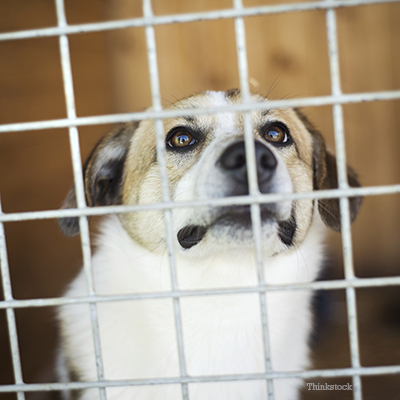Currently, public health officials, physicians and parents are very concerned about an epidemic of whooping cough in Californian children, reports CNN.com. With over 3400 cases of whooping cough reported in California between Jan 1 and June 10 of this year and over 800 reported in the last two weeks it is clear that there is an outbreak of this devastating, primarily childhood, disease. With whooping cough forefront in the news, pet parents may naturally start to wonder if it affects their dogs the way it does people.
Does my dog need to worry about whooping cough?
According to wormsandgermsblog.com, whooping cough, or pertussis as it is referred to by physicians, “is a human bacterium. It does not infect animals.” Therefore, you won’t need to worry about this very contagious bacteria (Bordetella pertussis [CDC]) when you hear your dog coughing. However, that’s not to say that a dog cough should be ignored.
contagious bacteria (Bordetella pertussis [CDC]) when you hear your dog coughing. However, that’s not to say that a dog cough should be ignored.
What is the difference between whooping cough and kennel cough?
Many dog owners are familiar with the canine cough complex commonly referred to as “kennel cough,” which causes harsh coughing in infected dogs. It’s caused by bacteria called Bordetella broncheiseptica, which is actually related to the organism that causes whooping cough in humans (Bordetella pertussis), but the two are not the same.
It is important to recognize that though they sound somewhat similar and produce similar diseases, kennel cough very rarely causes disease in humans.
Can dogs play a role in the transmission of whooping cough?
While it is technically possible, it’s not likely, says wormsandgerms, because dogs don’t actually become infected with the organism. Still, they could come in contact with it (on their haircoats, for instance) and indirectly spread the infection without being infected themselves. Overall, the risks are very low though. We don't generally need to fear dogs as potential whooping cough vectors.
Prevention of kennel cough and whooping cough
In both kennel cough and whooping cough the most important factor is prevention. Vaccination does not impart lifelong immunity but at the very least it reduces the severity of infections. Effective vaccination against whooping cough involves a series of vaccinations in babies along with vaccinating expectant mothers and children to boost their immunity, according to CDC.
Dogs should be vaccinated against kennel cough at yearly intervals. Click here for more on dog vaccinations.
If you have any questions or concerns, you should always visit or call your veterinarian -- they are your best resource to ensure the health and well-being of your pets.
